10 Action Movies That The Real Army Helped Make | ScreenRant
For a long time, Hollywood has had a deal with the US military, where the armed services will provide equipment and even personnel for movies in exchange for getting script approval. This allows movies to look more realistic because they get access to real military hardware so do not need to rely on props or CGI. It also means that Hollywood is actively working in tandem with the interests of the United States military.
The US Army has been directly involved with the production of numerous action movies, among them a surprisingly large amount of sci-fi and superhero films. Here are ten action movies the army helped make:
10 Independence Day: Resurgence (2016)
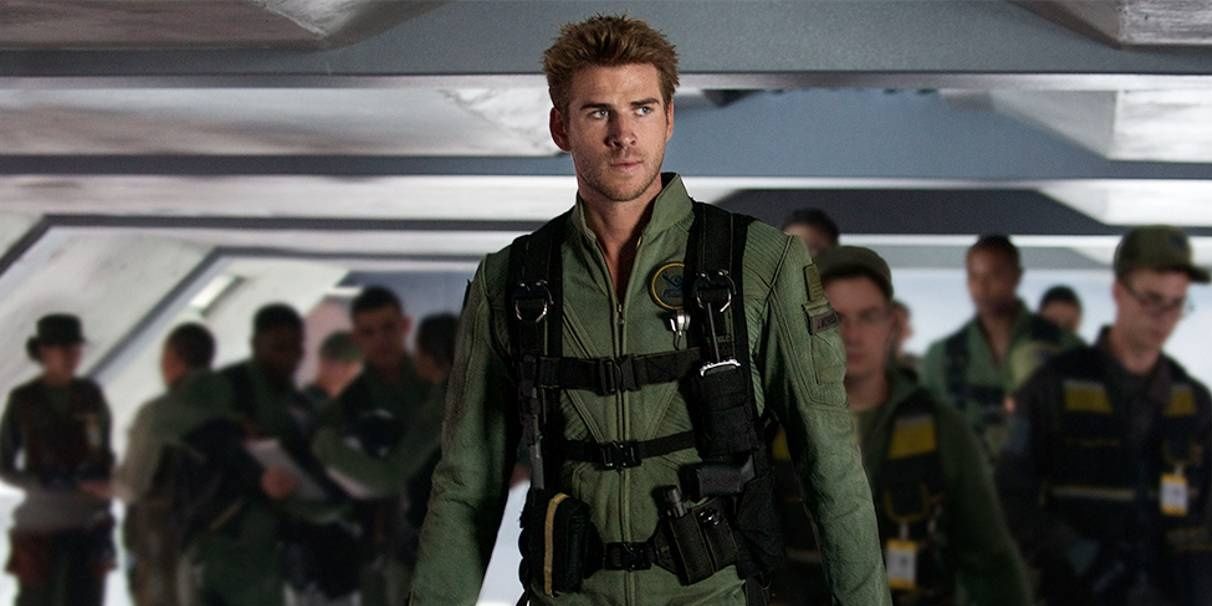
The first entry on this list, Independence Day: Resurgence, is considered by fans and critics alike to be a huge disappointment compared to the original 1996 film. It is also one of the most obvious examples of the US Army working alongside Hollywood as part of a recruitment campaign.
The YouTuber Pop Culture Detective has made a video essay about the film's marketing campaign functioning as a mixture of army recruitment commercials and thinly veiled propaganda. Among the many recruitment tools, the film's stars directly ask people to enlist in one of the commercials, which links directly to a website run by the US Army, a site that requires users to share their Facebook information with the army.
9 GoldenEye (1995)
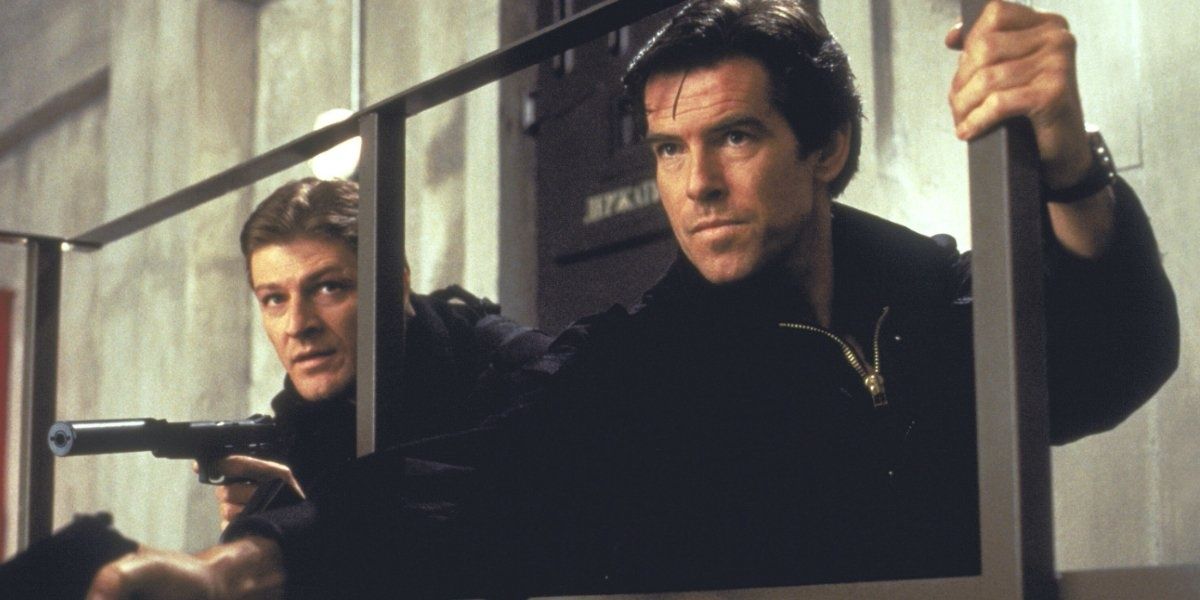
The James Bond films might be popular with American audiences, but the MI-6 agent is dedicated to his own queen and country. Bond is a spy for the UK, not a US soldier, so it makes little sense why the American military wanted to micromanage the production of a Bond movie.
Despite this, the army was involved in the 90s hit GoldenEye, which helped to revive the franchise. One script change the Pentagon required of the movie was to alter the nationality of an incompetent officer in the background of one scene, turning him from a US officer to a Canadian one.
8 The Iron Man Trilogy
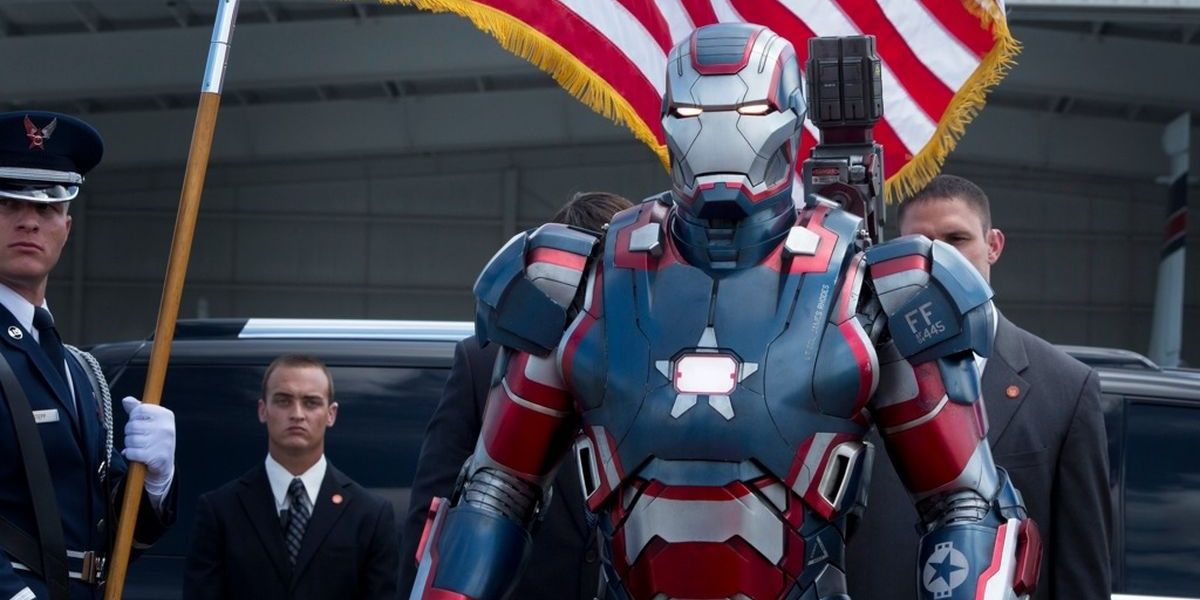
The first Iron Man film opens with Tony Stark riding in an army Humvee, palling around with the soldiers inside. The whole scene functions as a commercial advertising how fun and awesome the US Army is. Next, the film goes to a flashback showing Tony as a rich egomaniac genius party boy, followed by another scene of him showing off cool weapons to the army, only to cut to his abduction by a generic group of multi-ethnic non-American terrorists.
One line the Pentagon ordered cut from the movie involved one of the soldiers claiming that people would kill to have his job. Apparently, this pro-army line was too close to discussing the real topic of the high suicide rates among service members. The sequels were less subtle in their messaging, as can be seen with the War Machine and Iron Patriot scenes in Iron Man 2 and 3.
7 Thirteen Days (2000)
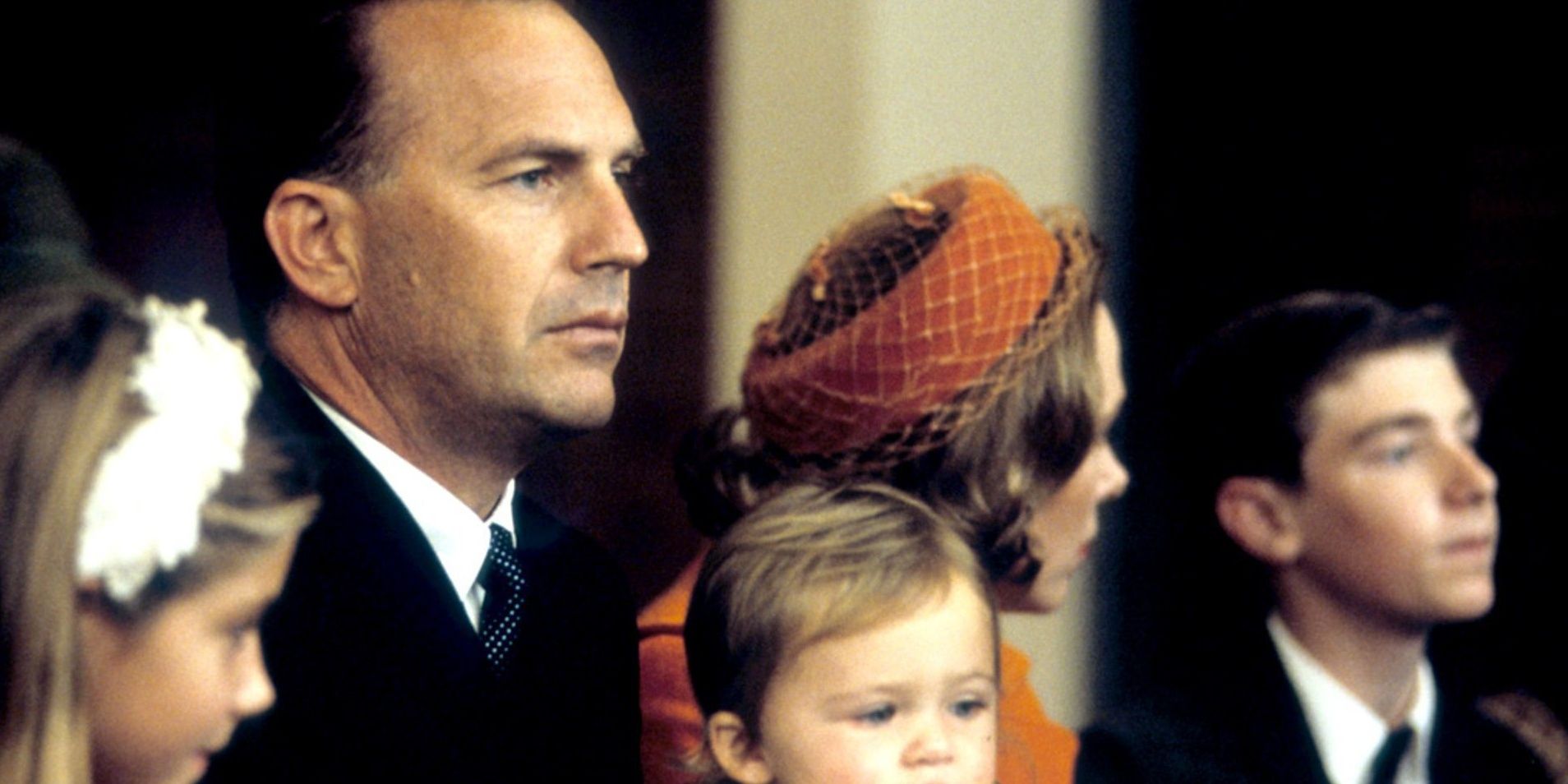
This movie about the Cuban Missile Crisis is generally spoken of favorably by audiences and critics, though people who worked in the Kennedy White House at the time of the Crisis have noted that there are a number of glaring inaccuracies.
One reason for the inaccuracies may be pressure from the Pentagon, who objected to a scene in the movie where the generals contemplated invading Cuba. This Pentagon pushed to have these scenes cut, despite the fact that this is exactly what the generals actually did. When the producer refused to cut this, the military criticized the film's portrayal of the generals.
6 The Captain America Trilogy
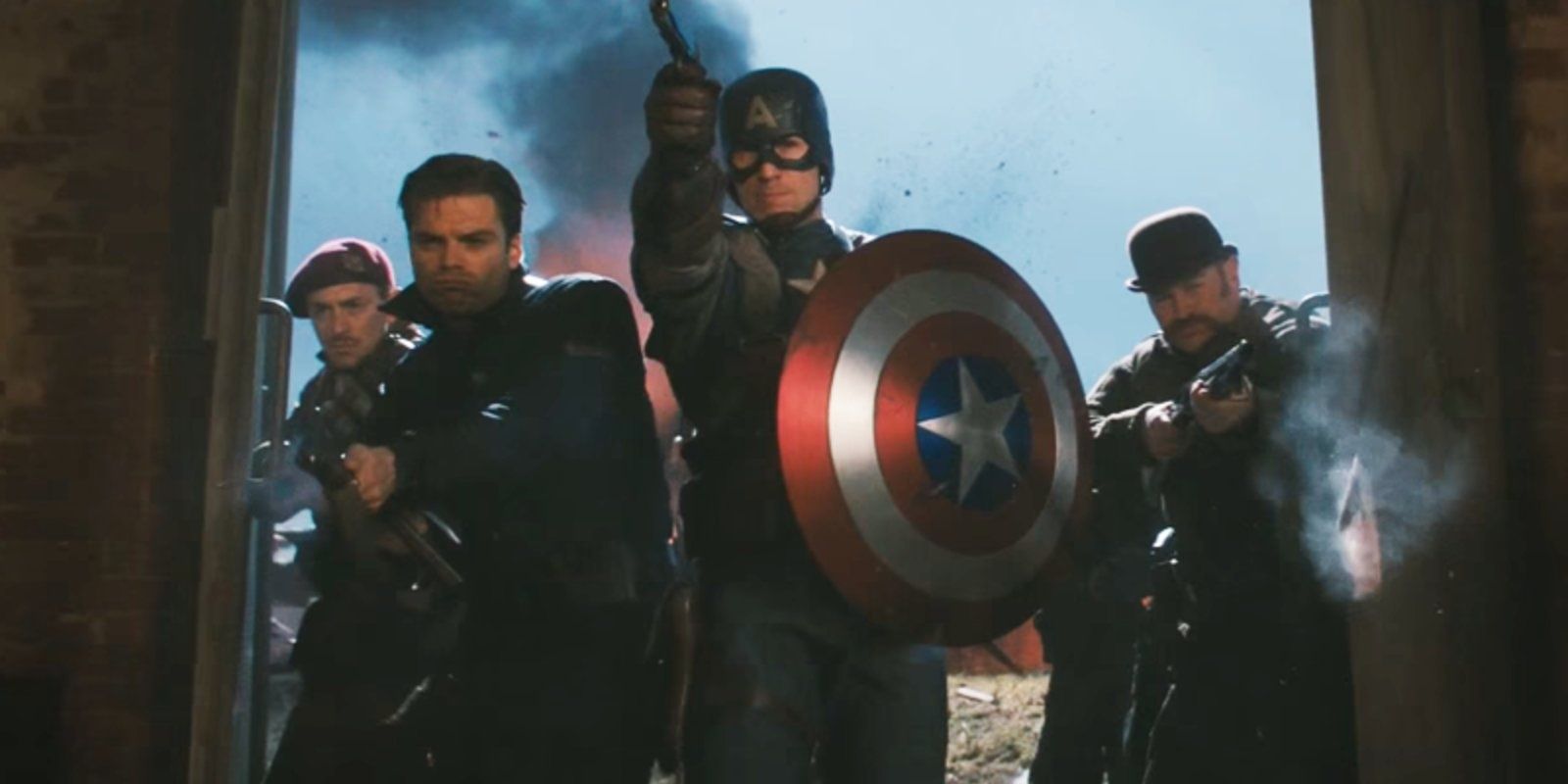
Like the Iron Man films, the Captain America trilogy received support from the US Army. Interestingly, the first film in the trilogy openly mocks the heavy-handed army propaganda from the 1940s, while the second film deals with the illegal mass surveillance as a bad thing--coming out shortly after the NSA's illegal mass surveillance was revealed to the public.
These movies are nuanced and feel less like an army recruitment commercial than a character exploration, separating them from the Iron Man films. That said, they still portray US military forces with an idealized heroism, which is really what the Pentagon cares about at the end of the day.
5 Patton (1970)
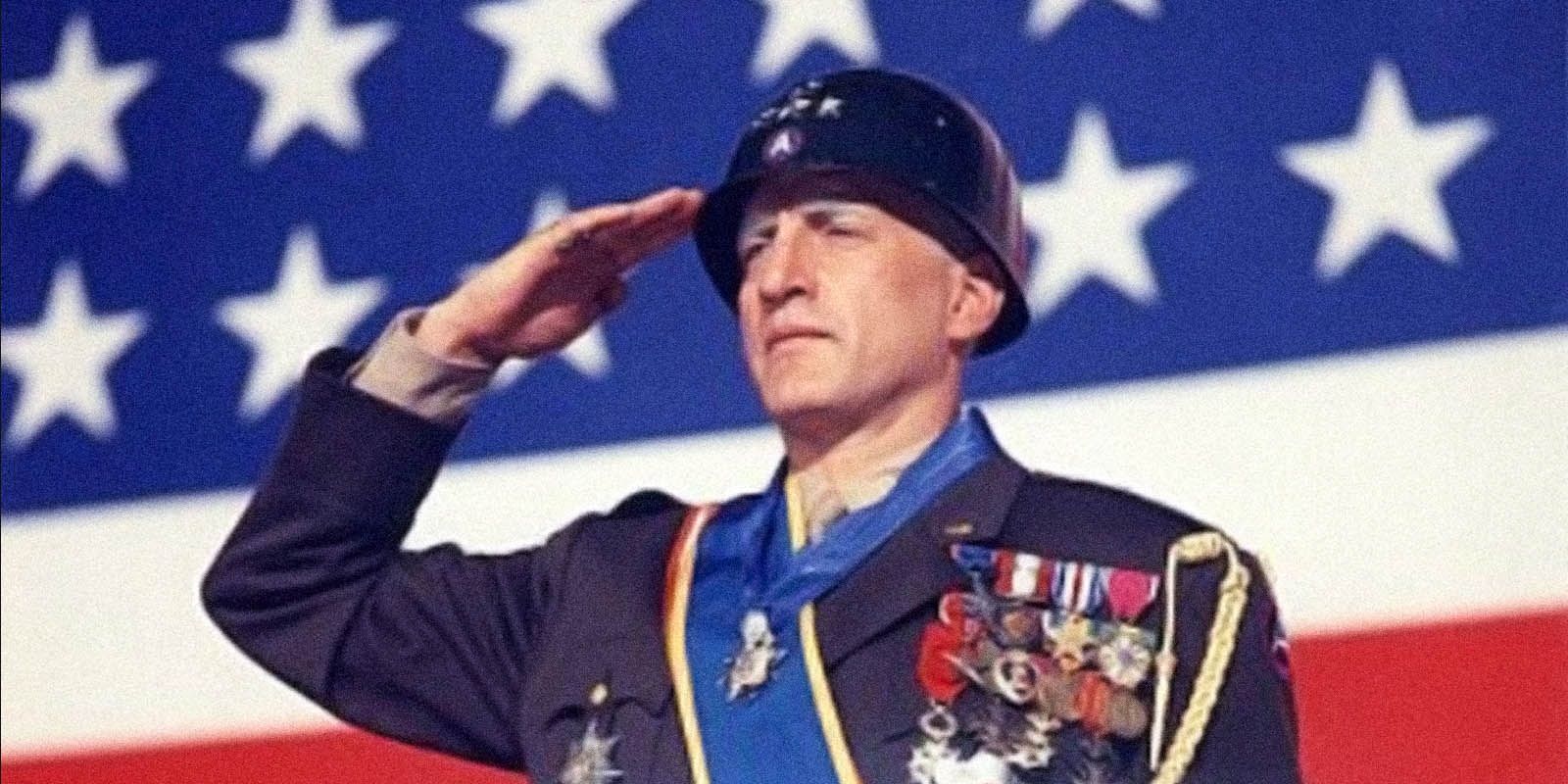
General George S. Patton was a World War II hero noted as much for his strategic genius and stalwart character as his various eccentricities. The 1970 biopic about him does a phenomenal job of capturing his personality, including his belief in reincarnation.
Not only was the military involved in the making of this film, but it includes one of the most famous speeches the real-life Patton gave, specifically Patton's Speech to the Third Army. The film does not shy away from showing Patton's anti-Russian bias, which can be seen as serving American national interests during the Cold War, but also reflect his genuine beliefs.
4 Transformers: Revenge of the Fallen (2009)

Michael Bay's Transformers films all have an abundance of shots glorifying military hardware and personnel. These movies maintain a thematic motif in most of his films by celebrating the American armed services while lampooning the government they are supposed to serve (as well as other more problematic elements of his work).
Transformers: Revenge of the Fallen is notable for being the first film ever to include each branch of the US armed services (minus the Coast Guard). The cinematography in the film also ogles drones and aircraft carriers with the same fetishistic attention dedicated to lingering on Megan Fox's legs.
3 Man of Steel (2013)
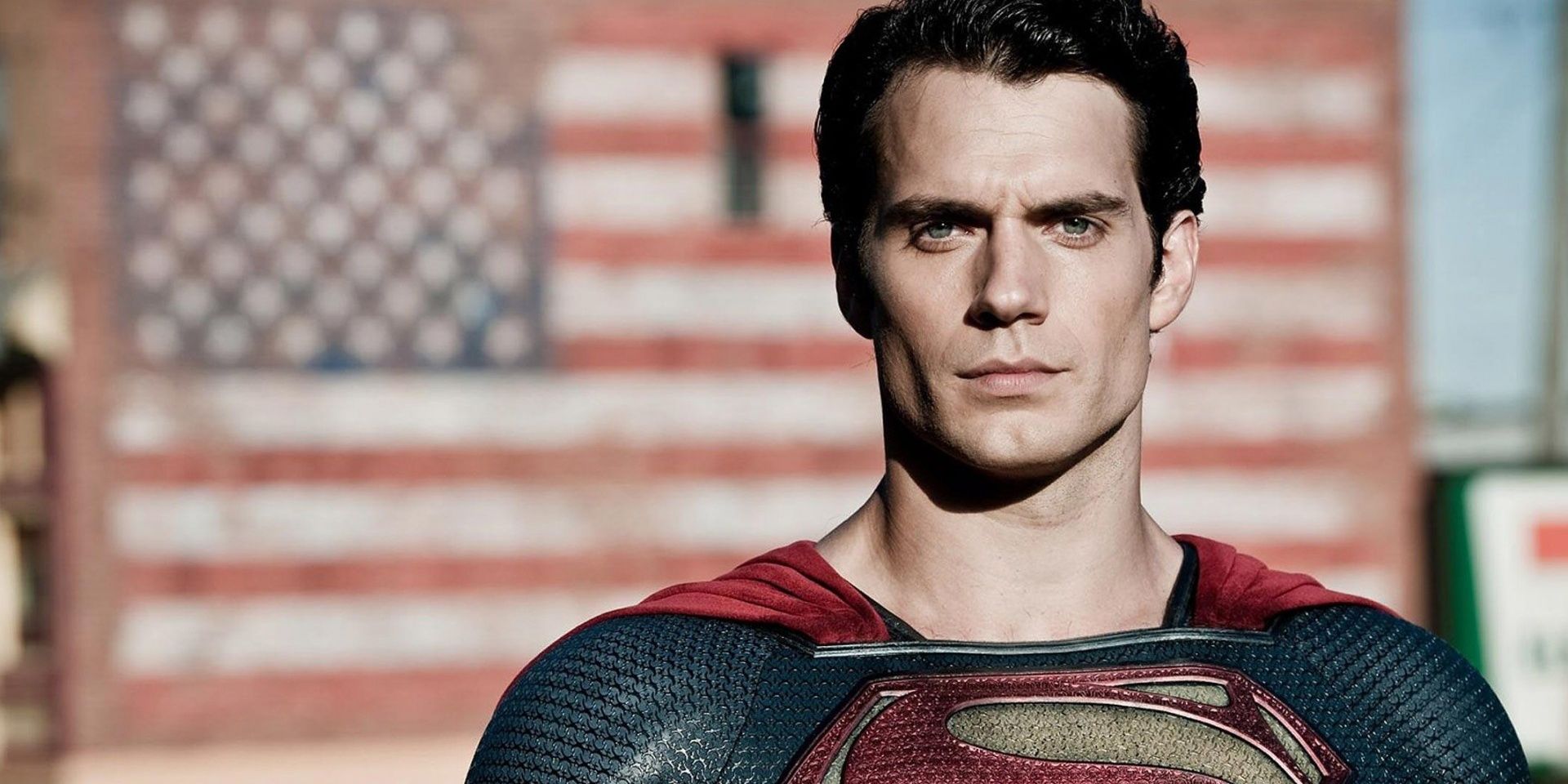
Superman has a long history of representing truth, justice, and the American way. In Zack Snyder's film Man of Steel, the director's characteristic ultraviolence and cynicism are on full display. While Superman is supposed to represent "Hope," this seems like more of an afterthought tacked onto the script, as evidenced by the decision to make him kill General Zod--something completely out of character for the Kryptonian hero. This is not a movie about salvation, but a glorification of overwhelming force.
In the final scene of the film, Superman speaks with two US Army officers, assuring them that he will work with the US interests in mind. Like all of Snyder's DCEU films, Man of Steels functions to reinforce an extremist Kissinger-inspired outlook on the use of excessive force--a very narrow interpretation of Superman representing "the American way," albeit one that the Pentagon seems to endorse.
2 War of the Worlds (2005)
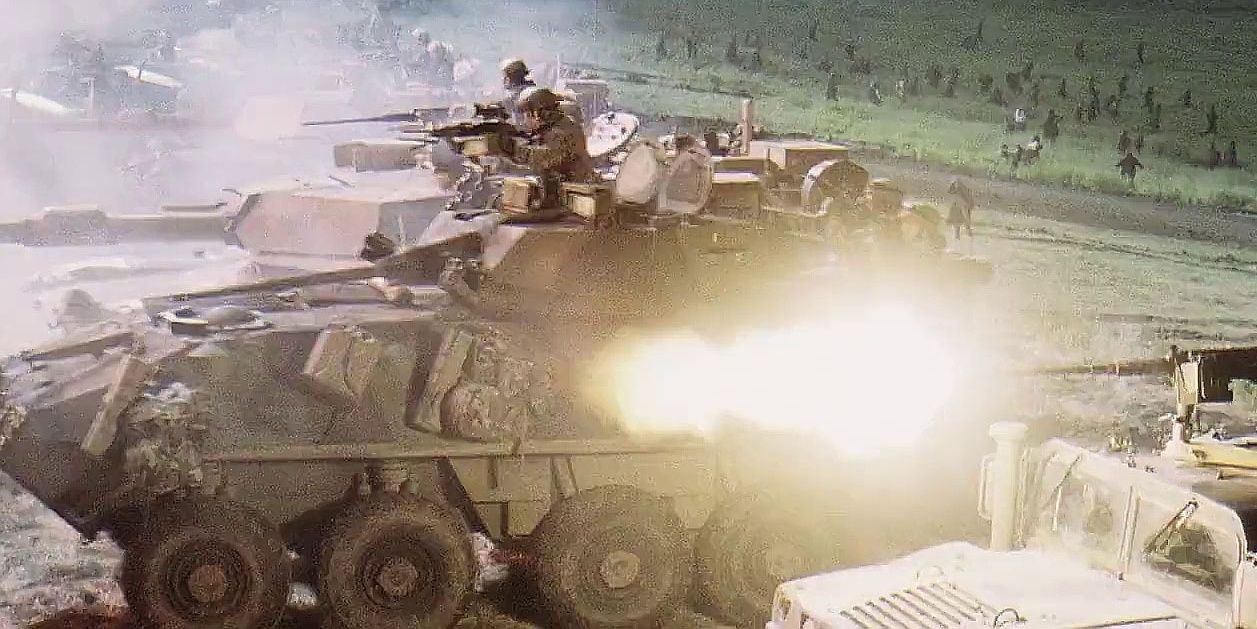
Stephen Spielberg's War of the Worlds is very much a product of the post-9/11 world. Whereas previous alien invasion films like the original Independence Day movie reveled in the destruction of buildings as something sensational, this movie focuses on the helplessness that both civilians and the military feel when confronted with the terrors of a technologically superior foe--something examined by film critic Lindsay Ellis who has noted how this film directly references the original Independence Day several times.
Since protecting people from the invading aliens is impossible, the point of the military in this movie seems to be vengeance. Given that this movie entered development shortly after the US invasion of Iraq, this is in keeping with the rhetoric of the times.
1 Black Hawk Down (2001)
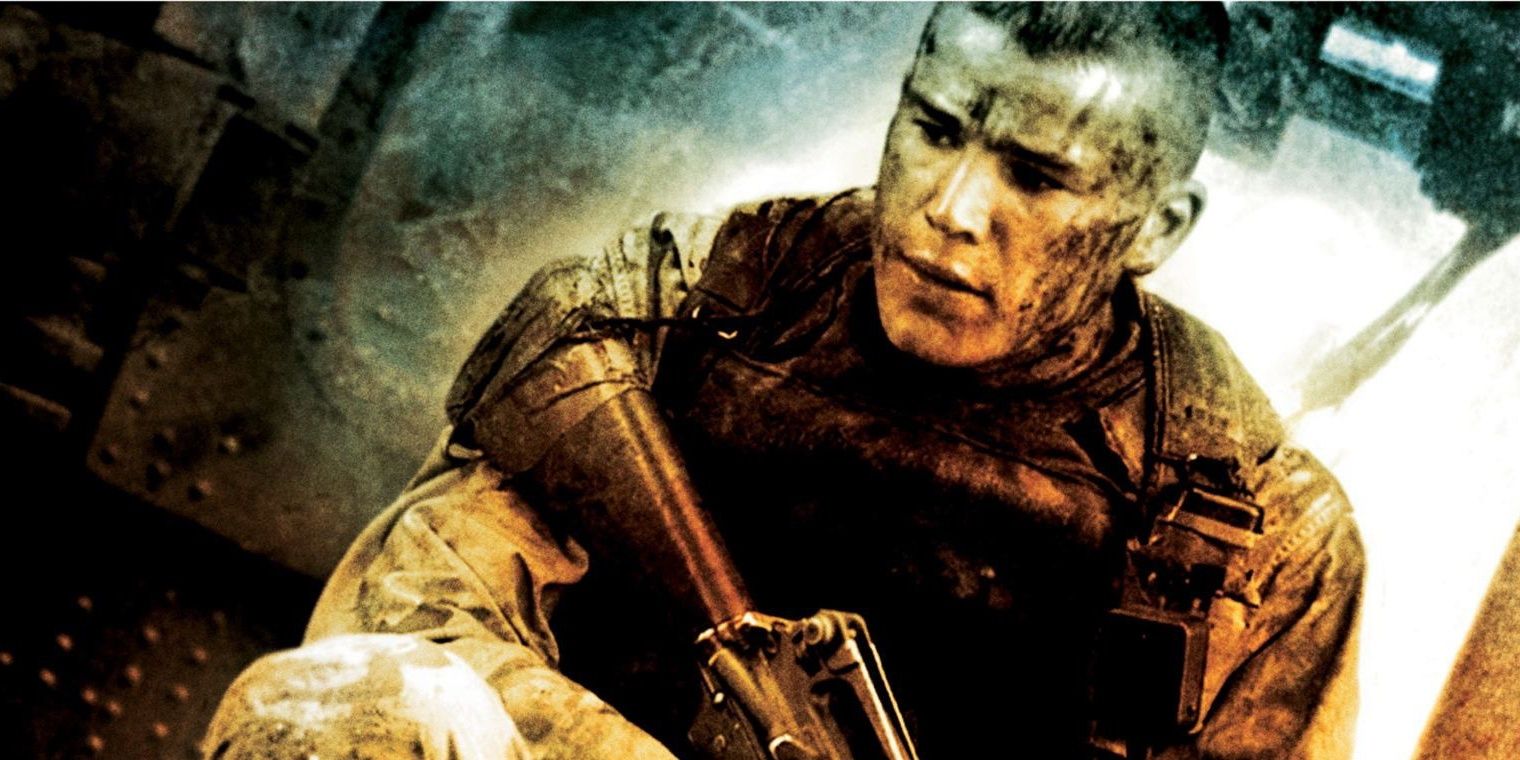
The movie Black Hawk Down is about the 1993 Battle of Magadishu. The relatively modern equipment, tactics, and political landscape portrayed in the film all spoke to audiences upon its release. It hit theaters just months after the September 11th attacks, making it feel relevant as it framed the American military operations around a narrative about being a rescue mission--something seen as virtuous.
The film functions to justify American militarism without ever portraying the Somalis sympathetically. In real life, a number of the film's "heroes" were guilty of some very serious crimes, which the Pentagon insisted be left out of the movie. Ultimately, this is a great example of how the Pentagon alters the course of a Hollywood production which in turn alters the views of the American people.
from ScreenRant - Feed https://ift.tt/3dCyQcC
via Whole story

Post a Comment